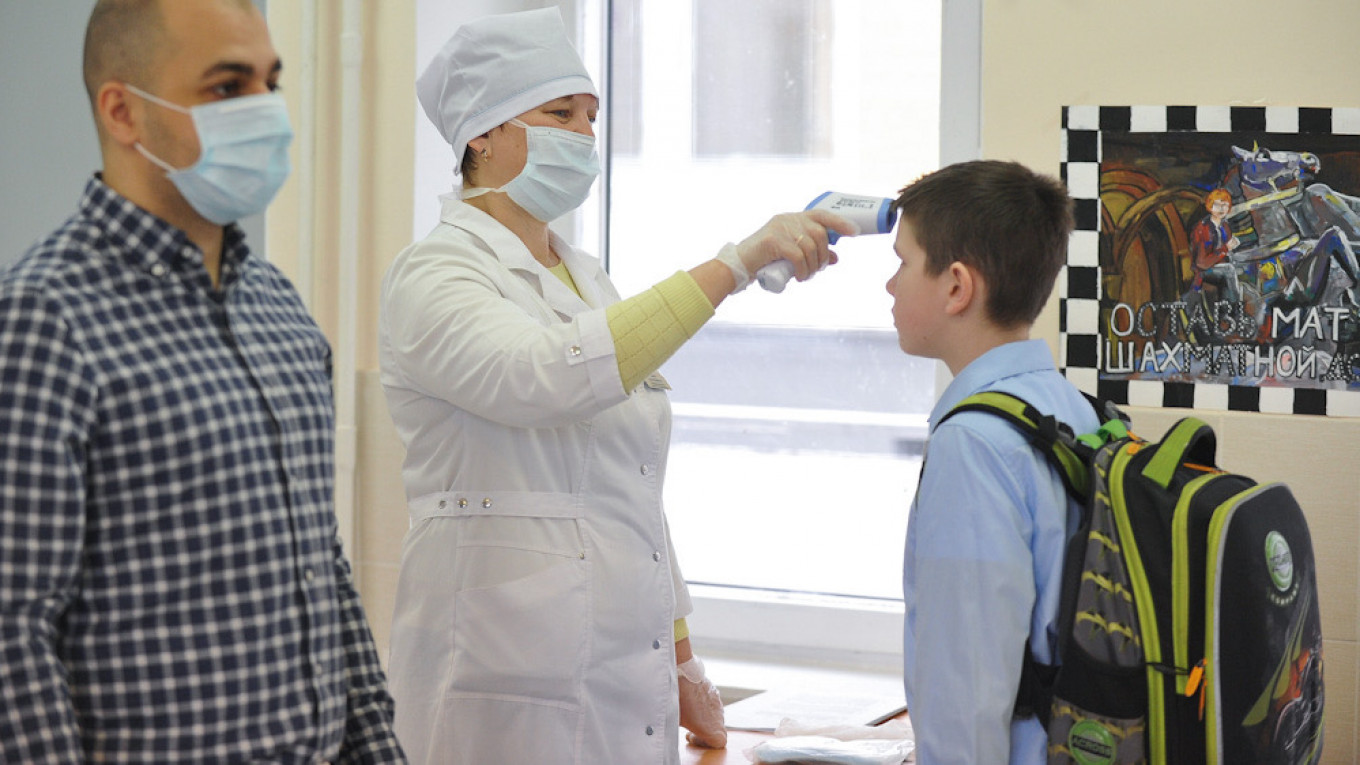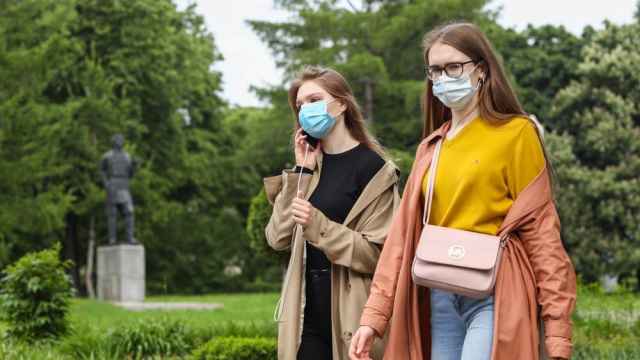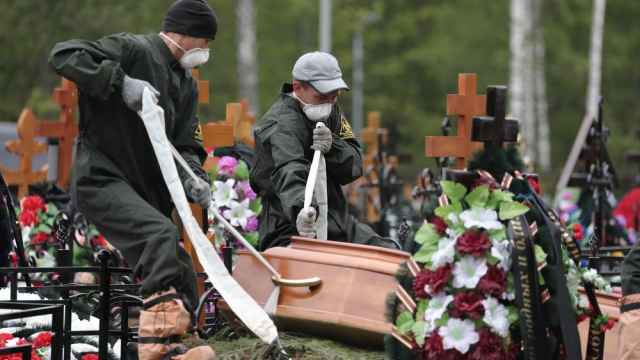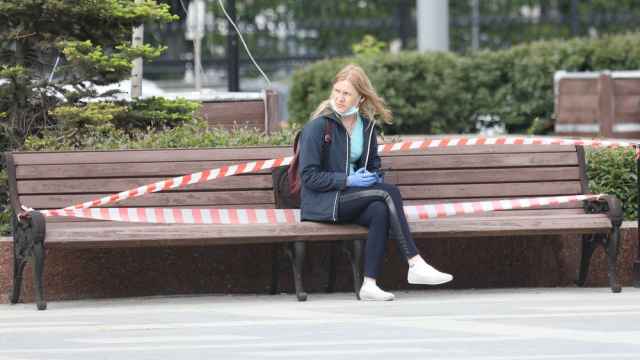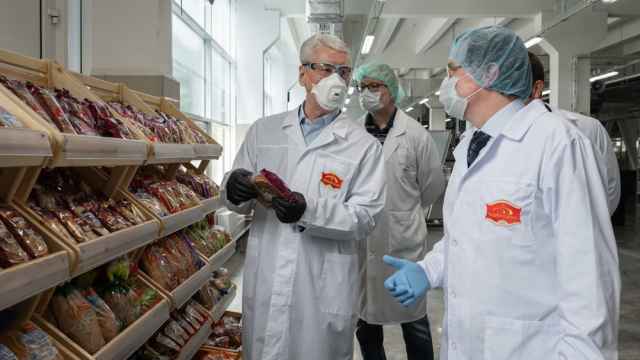All Moscow schoolchildren will return to in-person classes next Monday after coronavirus cases stabilized over the New Year holidays, Mayor Sergei Sobyanin announced Thursday.
He said all other restrictions that were due to expire Friday — including self-isolation for those 65 and older and remote work for 30% of employees — have been extended for one week until Jan. 21 to see if infections rebound or continue on a downward trajectory.
“The kids are tired of sitting at home,” Sobyanin wrote on his website, ordering students in grades 1-11 to return to class Jan. 18 and unblocking their public-transport discount cards.
He warned that a single Covid-19 case would send an entire class back to distance learning. City universities and colleges will continue remote learning, the mayor added.
Sobyanin said he will consider easing other restrictions if epidemiologists determine that infection rates have stabilized at current levels, currently around 5,000 cases fewer than the peak of nearly 30,000 on Christmas Eve nationwide.
Russia has confirmed the world's fourth-highest number of Covid-19 infections at nearly 3.5 million cases and the third-highest death toll of more than 186,000. Daily tallies place Russia’s death toll at 63,370.
Sobyanin stressed that hospitalizations in the capital have not gone down despite decreasing cases, urging Moscow’s 12 million residents to sign up for the mass vaccination drive and continue observing health guidelines.
Russia began the large-scale rollout of its domestically produced Sputnik V vaccine on Dec. 4, with the initial list of eligible recipients expanded from medics and teachers to other professionals over the weeks.
Russia announced that 1.5 million people had so far received Sputnik V, which President Vladimir Putin called the “best in the world.” Russian news outlets cited regional data and immunologists as saying that the real figure of vaccinations may be as low as 300,000.
A Message from The Moscow Times:
Dear readers,
We are facing unprecedented challenges. Russia's Prosecutor General's Office has designated The Moscow Times as an "undesirable" organization, criminalizing our work and putting our staff at risk of prosecution. This follows our earlier unjust labeling as a "foreign agent."
These actions are direct attempts to silence independent journalism in Russia. The authorities claim our work "discredits the decisions of the Russian leadership." We see things differently: we strive to provide accurate, unbiased reporting on Russia.
We, the journalists of The Moscow Times, refuse to be silenced. But to continue our work, we need your help.
Your support, no matter how small, makes a world of difference. If you can, please support us monthly starting from just $2. It's quick to set up, and every contribution makes a significant impact.
By supporting The Moscow Times, you're defending open, independent journalism in the face of repression. Thank you for standing with us.
Remind me later.


